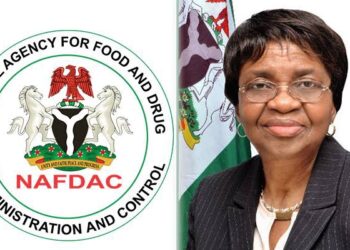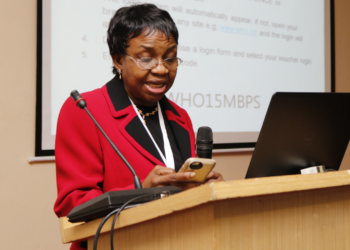The Pharmacy Council of Nigeria (PCN) has started licensing individuals and facilities selling medicines via social media and other online platforms, as part of efforts to regulate the growing trend of internet-based drug sales.
PCN Registrar and Chief Executive Officer (CEO), Ibrahim Ahmed, announced this on Wednesday in Abuja, noting that the practice gained momentum during the COVID-19 pandemic and has continued since.
He said the PCN Establishment Act 2022 anticipated the need to regulate electronic pharmacy practices and online medicine sales.
“I can tell you, we have commenced the licensing of facilities involved in the sale of medicines,” Ahmed said.
Interpol engaged for cross-border enforcement
Ahmed further explained that enforcement mechanisms had also been set up, noting the unique challenges posed by borderless digital platforms.
According to him, many of the people selling medicines online do not have physical locations, and they are not bounded by borders.
“We recognized that this is a global issue, and for enforcement, we had to engage Interpol, which has the capacity to bring down any website in 194 countries,” he added.
He revealed that the council had already successfully taken down one such online platform in collaboration with Interpol.
IT-backed inspections for compliance
Ahmed emphasized the importance of IT expertise in inspecting those facilities, explaining, “Often, what you see on the front end of a website may differ from the back end. That’s why we involve IT experts during inspections to ensure compliance.”
He stressed that the backend of the platform must be thoroughly examined and supervised by a pharmacist before a license is granted.
NAFDAC aligns with PCN’s online drug regulation
Also speaking at the event, the Director-General of the National Agency for Food and Drug Administration and Control (NAFDAC), Prof. Mojisola Adeyeye, said the agency’s efforts aligned with those of the Pharmacy Council of Nigeria.
She noted that NAFDAC began licensing online drug vendors two years ago and recalled that about a year and a half ago, the agency received intelligence about a falsified anti-cancer drug being sold online.
“We traced it to the southern part of the country and made an arrest, thanks to our intelligence efforts,” Adeyeye said.
She added that a training session for NAFDAC staff is scheduled for September to introduce new technology that will aid in tracking and tracing internet-based drug sales.






















